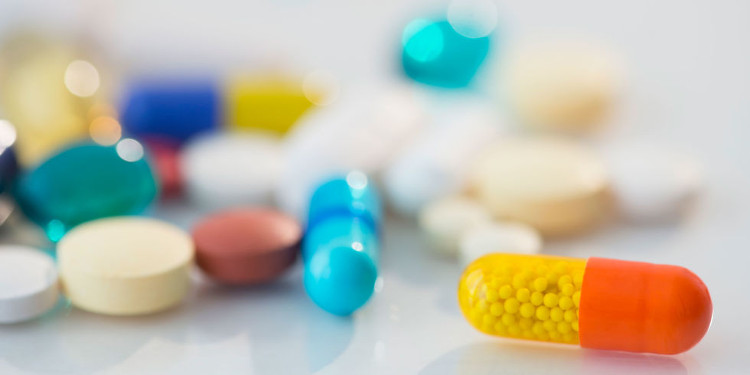The '5 correct' principle in drug use
Compliance with the 5 principles of drug use by the Ministry of Health will limit the unfortunate incidents that occur due to medical staff giving wrong medicines to patients.
Use the right medicine for the sick person
Use the right medicine for one of the most important parts of taking medicine. This means making sure that the medicine is taken into the right patient. Because many people are similar in terms of names, like them, even by age. So in order to avoid confusion, when there are 2 identical patients, we need to arrange different beds and different rooms or else they can be located in two different locations to avoid mistakes, and the most important thing is We must ask for their names, ask for the number of beds, ask for the room number before using the medicine.

Use the right medicine for one of the most important parts of taking medicine.
Use the right medicine
Note: When using medicine for patients, the nurses must read the medicine label 3 times at the following 3 times:
- As soon as the drug is removed from the container: vial, tube, medicine bottle.
- As soon as the medicine is removed from the cabinet or storage.
- Read before you return the bottle or bottle to the old place or put it in the trash.
Use the right dose
The calculation of dosage needs to be accurate. So in order to avoid confusion, nurses need to take medicine in a completely quiet environment, need to be attentive, do not do anything else, and sometimes also need to check their own calculations. by comparison with other nursing. When calculating the correct dose, the nurse must know how to use a measuring device to the nearest 1 ml or drop, or as a double pill should be used to make the cutting device symmetrical. For a small amount of medicine, only a few drops can be put directly into the patient's mouth or a little water can be added to the glass before putting it in to prevent the medicine from sticking to the glass.
Use the right route to take medicine
The use of nursing medicine needs to be sure of which route the drug is given: oral, topical, or mucosal, or injected because if it is mistaken, it will have very serious consequences for the patient. For example, if the medicine used outside the skin is ingested, it can be poisoned by substances that cannot be absorbed through the gastrointestinal mucosa, or if the medicine used for intramuscular administration is administered intravenously, it may cause embolism because of intramuscular injection may have insoluble properties in blood.
Use it on time
Nurses must know why some drugs are ordered at a certain number of hours during the day. For example, diuretics should not be used after 15 hours because patients can urinate at night leading to sleep deprivation, or as some antibiotics need to maintain a steady concentration of blood in the bloodstream every 8 hours or 12 hours must take medication once. Therefore, if not done correctly, the effectiveness of treatment will be reduced or sometimes will be ineffective and can aggravate the patient.
- Overview of ARV drugs and their effects on HIV treatment
- 16 posture to stand, sit, lie properly to avoid spinal disease
- Most men have misconceptions?
- How to deal with drug poisoning
- Don't be too fancy about
- How to provide first aid to people who have drug shock
- Principle of operation of air coolers
- Behind the birth of the first anti-HIV drug
- Vietnam has new drugs to help addicts crave for drugs
- The standard placeholder pronunciation that you often read before is
- Increasing popularity of new drug-resistant TB strains
- Cedemex: Escape for drug addicts
 Green tea cleans teeth better than mouthwash?
Green tea cleans teeth better than mouthwash? Death kiss: This is why you should not let anyone kiss your baby's lips
Death kiss: This is why you should not let anyone kiss your baby's lips What is salmonellosis?
What is salmonellosis? Caution should be exercised when using aloe vera through eating and drinking
Caution should be exercised when using aloe vera through eating and drinking